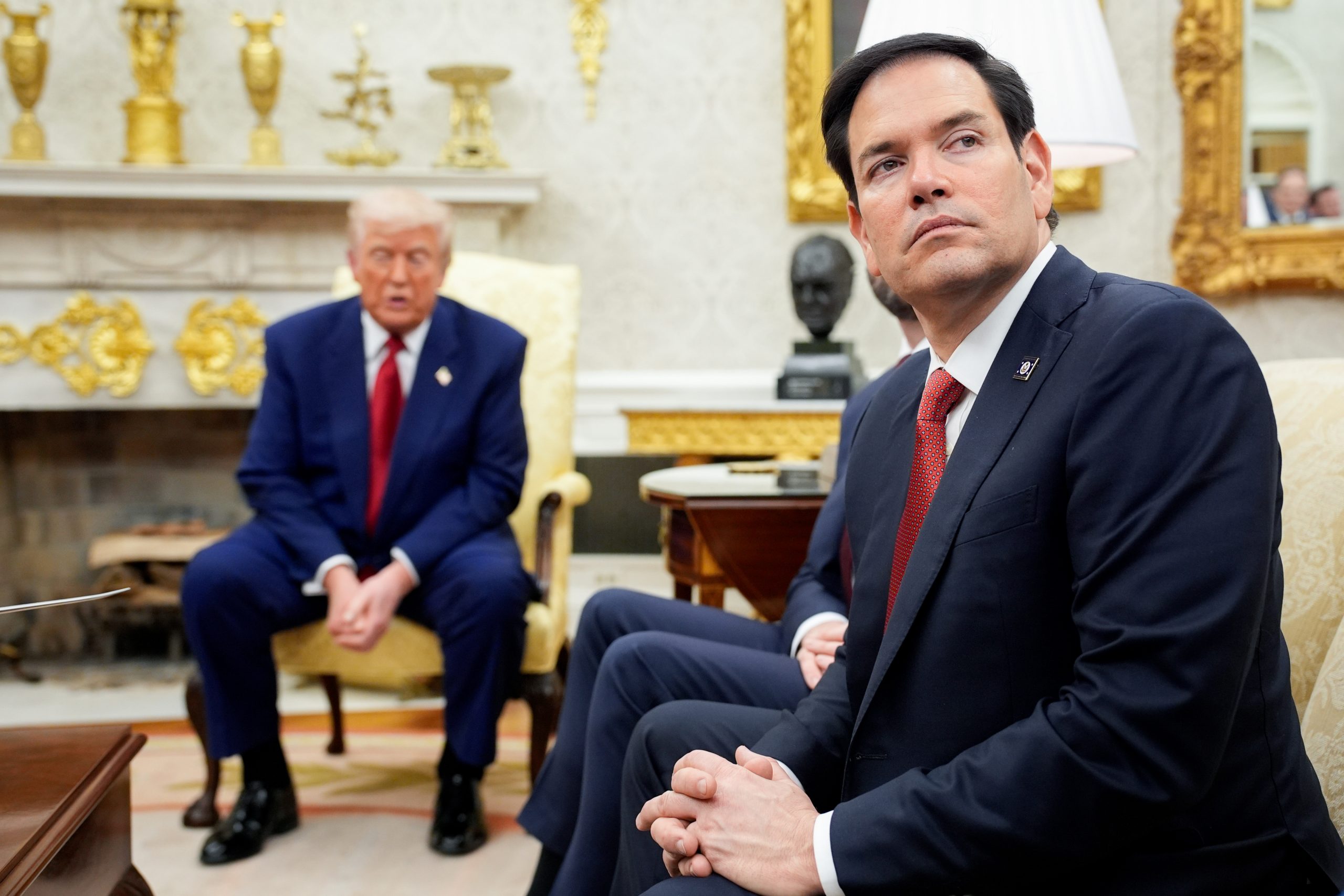The Trump Administration on Wednesday announced new visa restrictions against foreign officials who it says are “complicit” in censoring Americans on digital platforms, the latest escalation in its challenge to international regulations it sees as infringing on American free speech.
Secretary of State Marco Rubio framed the restrictions as a defense of American sovereignty and a rebuke against foreign governments that he accused of attempting to police U.S.-based speech. “For too long, Americans have been fined, harassed, and even charged by foreign authorities for exercising their free speech rights,” Rubio wrote on X. “Free speech is essential to the American way of life — a birthright over which foreign governments have no authority.”
[time-brightcove not-tgx=”true”]
“Foreigners who work to undermine the rights of Americans should not enjoy the privilege of traveling to our country,” Rubio added. “Whether in Latin America, Europe, or elsewhere, the days of passive treatment for those who work to undermine the rights of Americans are over.”
Rubio did not name specific individuals or instances of censorship, but said the restrictions will apply to those “complicit in censoring Americans.”
The White House has made criticism of European content moderation a centerpiece of its foreign policy messaging. Speaking at the Munich Security Conference in February, Vice President J.D. Vance blasted European leaders for suppressing dissenting opinions by categorizing those views as misinformation.
“What I worry about is the threat from within—the retreat of Europe from some of its most fundamental values,” Vance said at the time.
The Administration’s new policy also comes amid a flurry of right-wing criticism of Europe’s Digital Services Act (DSA), a 2023 law aimed at curbing disinformation and hate speech online. The law requires tech companies—including American giants like Meta and X—to remove illegal content and provide transparency about their content moderation.
While the DSA is not explicitly cited in the announcement, Rubio’s rhetoric—and the State Department’s Substack, where senior advisor Samuel Samson labeled the DSA “Orwellian”—indicate the law is a target. “It is unacceptable for foreign officials to issue or threaten arrest warrants on U.S. citizens or U.S. residents for social media posts on American platforms while physically present on U.S. soil,” Rubio said in a statement. “It is similarly unacceptable for foreign officials to demand that American tech platforms adopt global content moderation policies or engage in censorship activity that reaches beyond their authority and into the United States.”
Critics say the State Department’s defense of speech rights abroad stands in tension with its crackdown on certain forms of speech at home, where the Trump Administration has targeted international students in connection with campus protests against Israel’s actions in Gaza. Rubio has defended such moves as part of an effort to combat on-campus antisemitism, though civil liberties groups have warned of politically motivated suppression.
The Secretary of State said last week that “thousands” of visas have likely been revoked since President Trump took office. The Trump Administration has since then moved to block Harvard University’s ability to enroll international students in an escalation of its battle with the school, and Rubio suspended new student visa appointments at U.S. embassies around the world on Tuesday pending tighter scrutiny of social media posts by applicants.
House Judiciary Committee Republicans praised Rubio’s move to bar foreign officials over censorship in a post on X on Wednesday. “Excellent news!” the Judiciary Committee wrote. “We’ve been exposing foreign censorship efforts over the past year. Now, those who want to silence your speech are being held accountable.”

